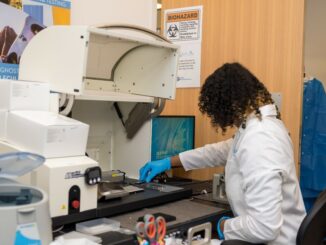A rare gene mutation that delays Alzheimer’s disease does so by damping inflammatory signaling in brain-resident immune cells, according to a preclinical study led by investigators at Weill Cornell Medicine. The finding adds to growing evidence that brain inflammation is a major driver of neurodegenerative disorders such as Alzheimer’s—and that it may be a key therapeutic target for these disorders.
This article was originally published on MedicalXpress.com




